By Doha News Team
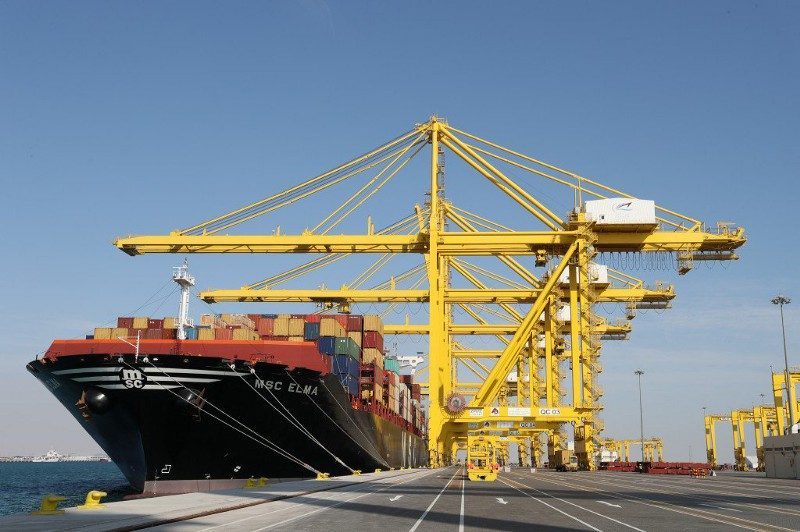
Qatar now pays 10 times as much money to import food and medicine into the country due to the blockade, the state’s foreign minister has said.
Speaking in London this week, Sheikh Mohammed bin Abdulrahman Al Thani added that the government has been footing the bill to keep “extra costs” down for residents.
This is because “Qatar has the resources to do that,” he said while speaking about the Gulf crisis at the Royal Institute of International Affairs (Chatham House).
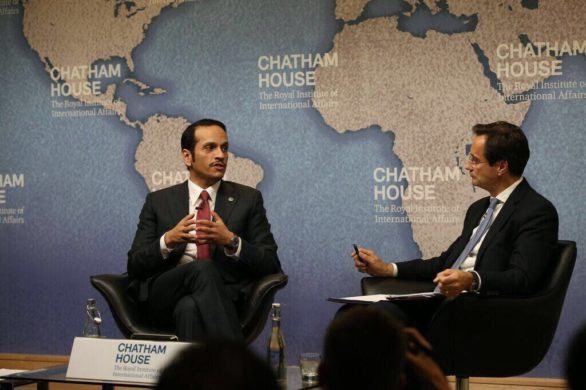
According to Al Thani:
“Qatar is paying 10 times extra costs for shipping, from government funds because there are funds available for that. But if Qatar was not in the same level of income, it wouldn’t be able to cover the needs of its own people for medicine and food.”
Protracted conflict
It’s been more than a month since Saudi Arabia, Bahrain and the UAE cut economic ties with Qatar for political reasons.
The conflict shows no sign of ending, and the US State Department even warned yesterday that escalation was imminent.
Financially speaking, this is not great news for Qatar, which before the crisis had been slashing budgets amid lower global oil prices.
But the country has the highest Gross Domestic Product per capita in the world ($127,660).
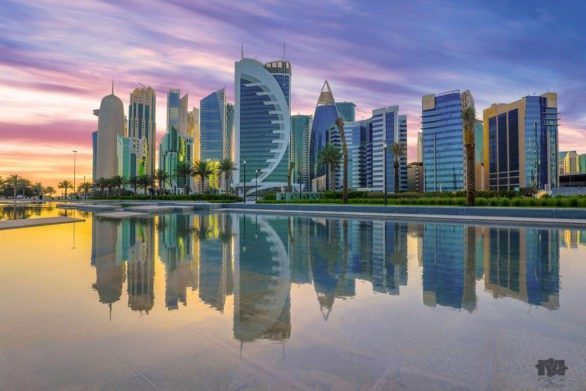
And some analysts have said Qatar is likely to be able to ride out an economic embargo from its neighbors for months or even years.
Qataris are certainly confident of this. Yesterday, Reuters quoted a local banker as saying, “The only thing that can really hurt us is if they block the gas exports, but then you provoke a crisis in the world.”
The unnamed official added:
“The economy will suffer, but not to the point that we Qataris will suffer. Instead of having five maids at home, we’ll have three.”
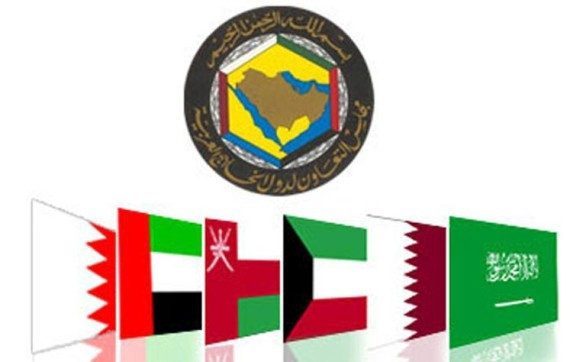
Qatar’s ability to hold out for a long time is a view shared by Michael Stephens, head of the Qatar chapter of the Royal United Services Institute for Defense and Security Studies.
However, he also told Doha News that the conflict is continuing to harm the whole region.
“This isn’t a win-lose scenario in my view,” he said. Rather, “the entire Gulf suffers from a lack of confidence in stability. This notion that Dubai and Saudi are unaffected is people putting their heads in the sand.”
Lost confidence
Qatar isn’t escaping from the dispute unscathed, either.
This week, ratings agency Moody’s cut Qatar’s credit outlook from “stable” to “negative” over concerns about a protracted Gulf dispute.
However, it did maintain Qatar’s high long-term issuer rating of Aa3.
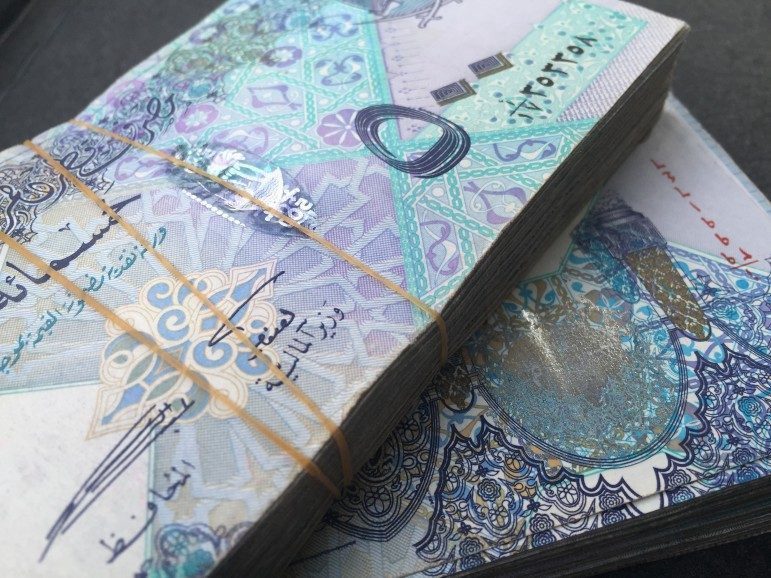
In a statement, Moody’s explained:
“The likelihood of a prolonged period of uncertainty extending into 2018 has increased and a quick resolution of the dispute is unlikely over the next few months, which carries the risk that Qatar’s sovereign credit fundamentals could be negatively affected.”
Last month, Qatar’s long-term rating was lowered by S&P Global Ratings and put on negative watch. And Fitch Ratings said it was also considering cutting the country’s score.
The uncertainty of the economic impact on Qatar has also prompted some banks and currency exchanges abroad to stop buying Qatari riyals in recent weeks.
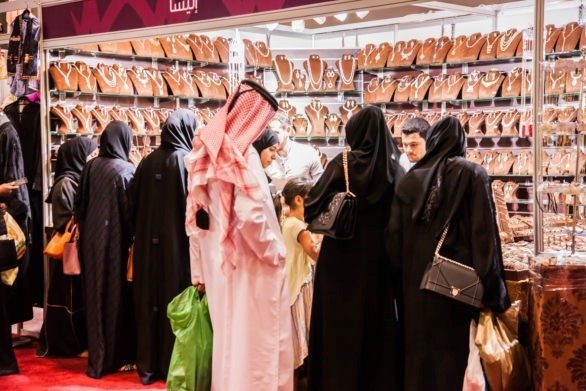
Other areas that Qatar could be hurt by the blockade include a loss of tourism from its usual Gulf visitors.
Travel restrictions are also affecting the profitability of Qatar Airways, as well as businesses such as international consultancies.
“Moody’s thinks that a prolonged period of uncertainty will negatively affect business and foreign investor sentiment and could also weigh on the government’s long-term diversification plans to position the country as a hub for air traffic, tourism, medical services, education, and sports through a higher risk perception among foreign investors,” the agency said.
However, Qatar’s position is helped by its high level of wealth and assets, as well as its extensive hydrocarbon resources.
Thoughts?






